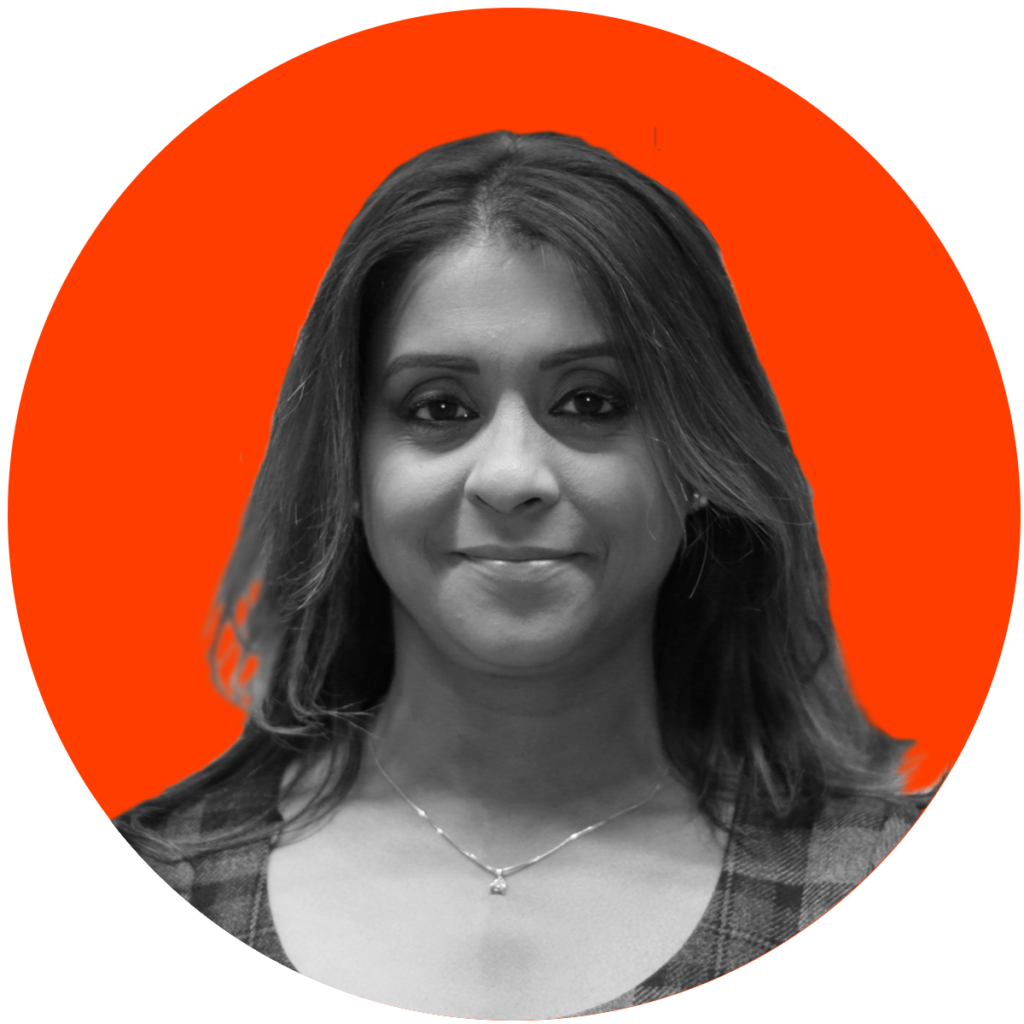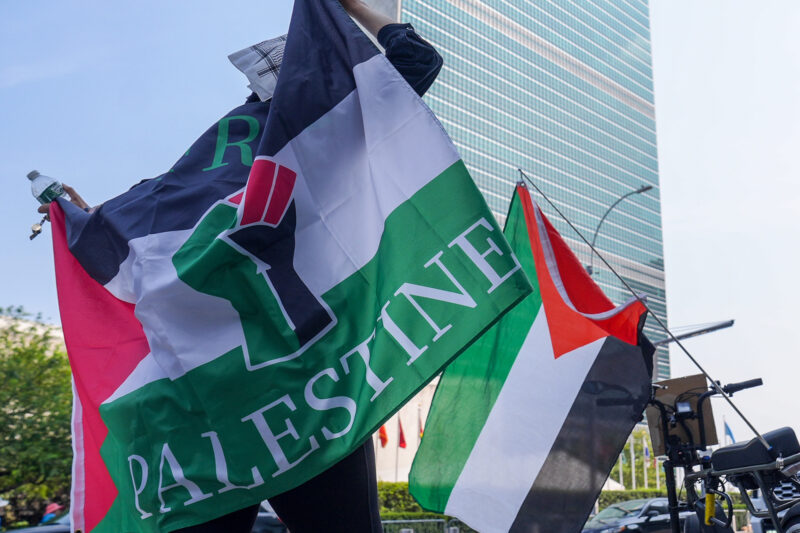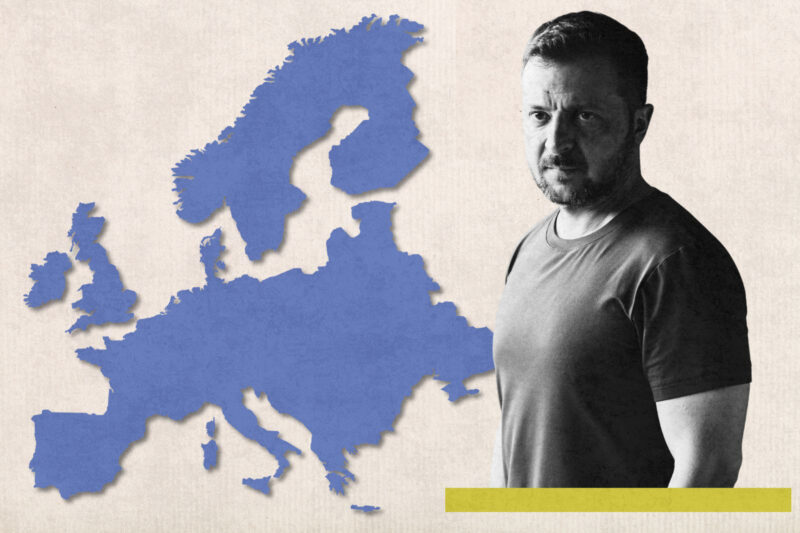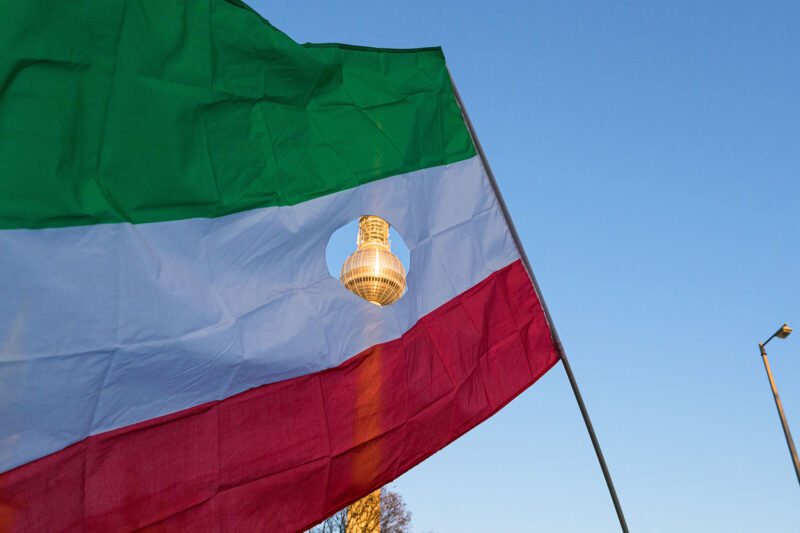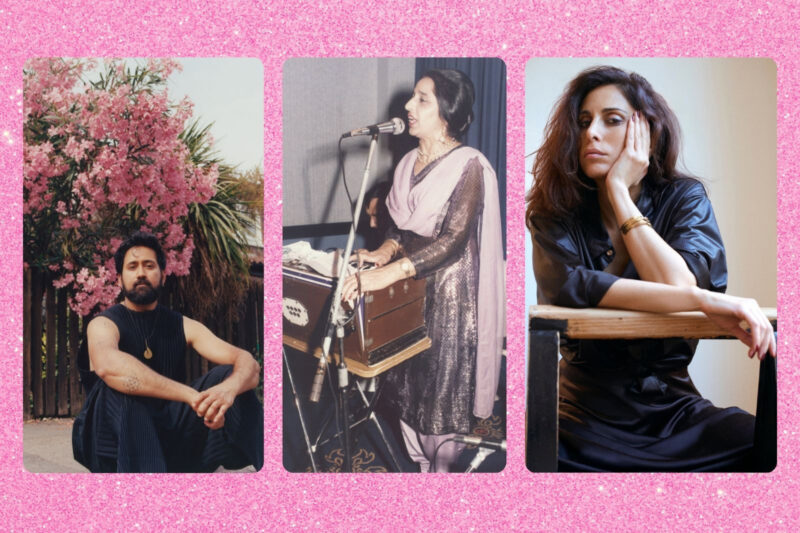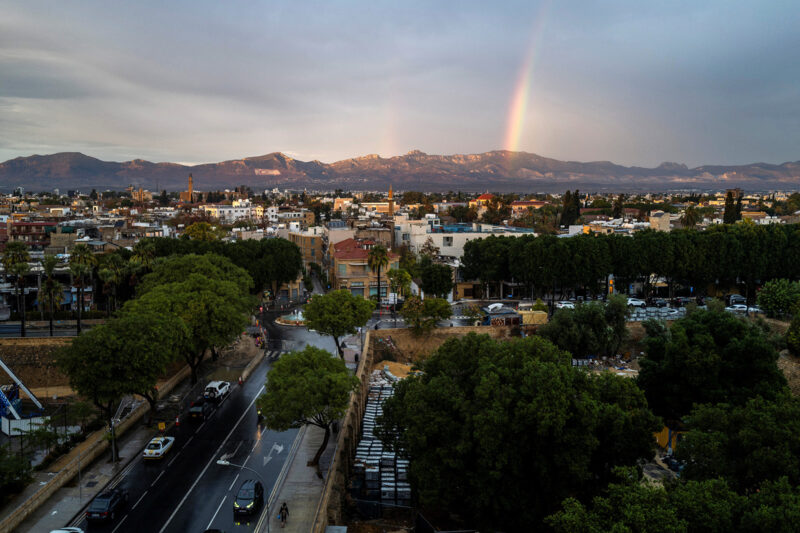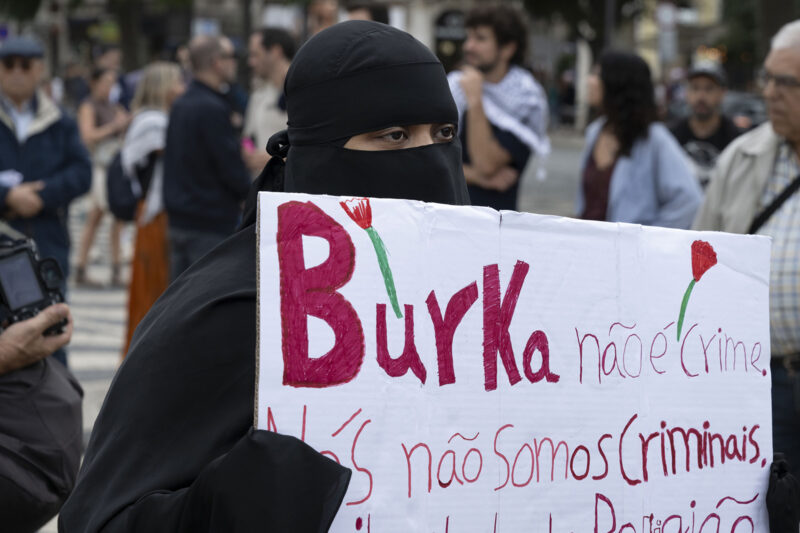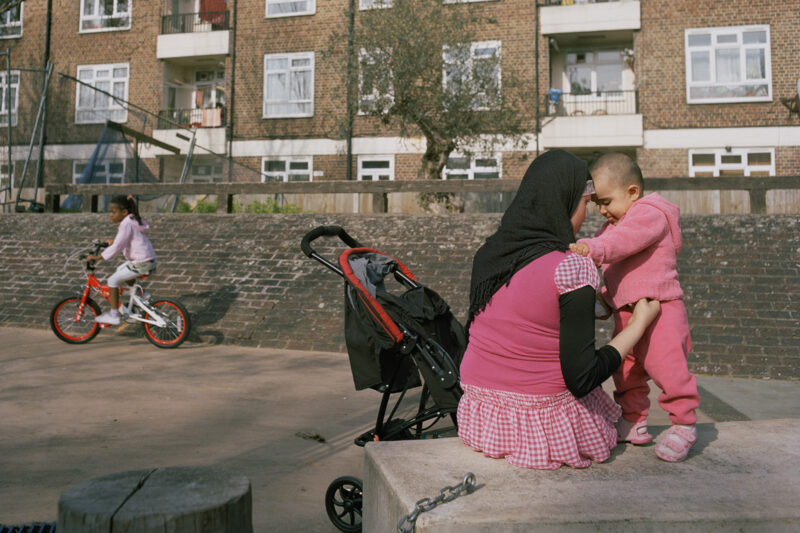‘We can be drinking tea then, 10 minutes later, destroying a convoy’
Inside the lives of Muslim fighters taking up arms against Russia in Ukraine
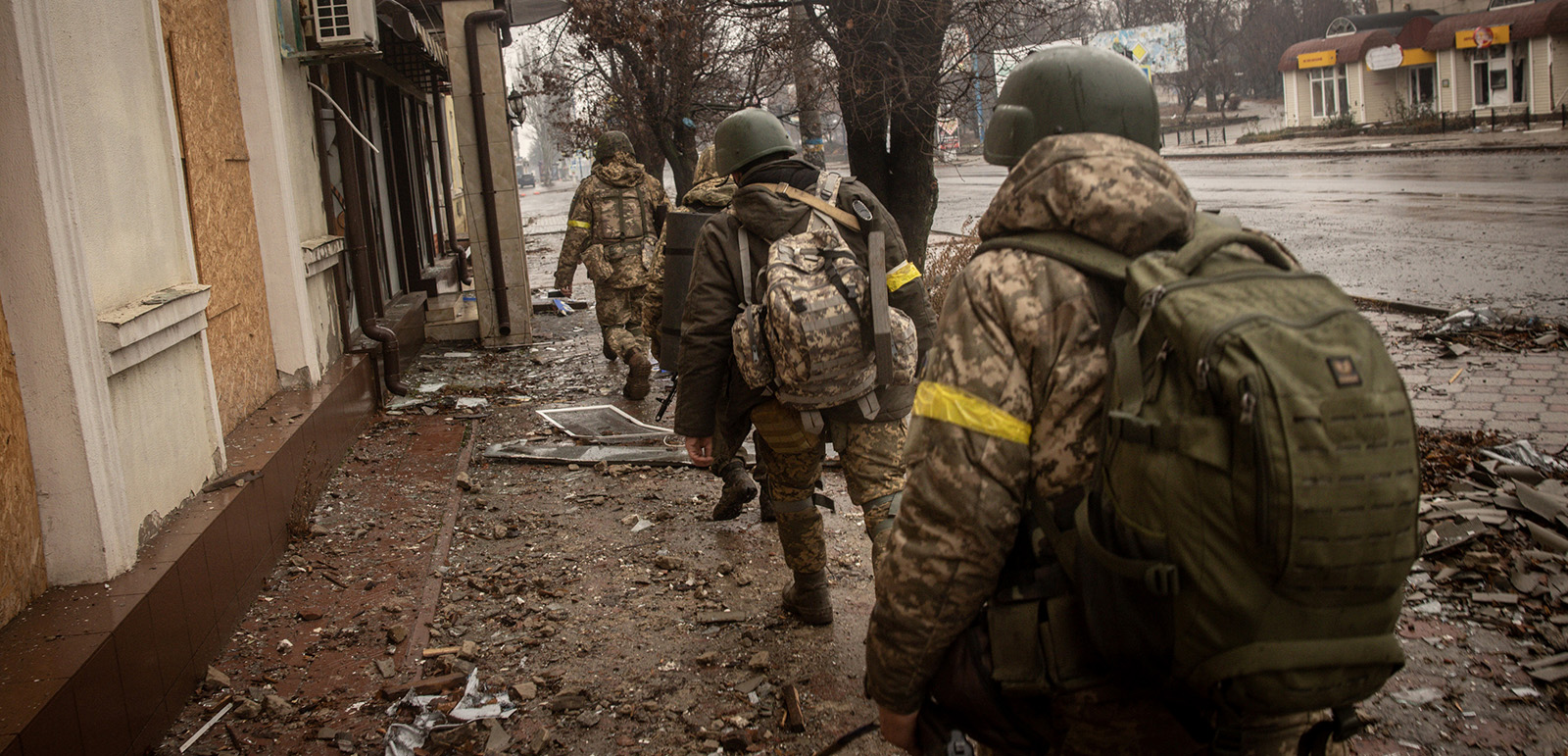
On the outskirts of Bakhmut, the stench of dead bodies hangs heavy in the air. According to the Ukrainian army, hundreds of corpses of Russian soldiers are being abandoned on the frosty plains of Ukraine’s eastern Donetsk region. Some were members of the Wagner Group, a band of mercenaries central to Vladimir Putin’s war. Others are untrained conscripts: collateral damage in his efforts to close in on as much of the region as possible, despite the ever-increasing body count.
This grim scene was described to me by Muaz Kibishev, one of the hundreds of foreign Muslim volunteers defending Ukraine. He said the feeling among his fellow fighters is that it is a deliberate attempt by the Russians to terrify Ukrainian forces and deter them from advancing.
“They are attacking Bakhmut relentlessly,” he told me through a translator. “They are around three or four kilometres from the city’s outskirts. We can see them through our binoculars.”
However, he added: “I am 99% confident they will not win. Winter is long and it will be hard for them to sit in the trenches.”
I spoke to Kibishev — himself a Russian citizen — by telephone one evening in late November, after he had returned to his base from an operation deep inside Russian-held territory. He has been at the forefront of the fighting since February, when the invasion began, pushing back Putin’s forces from flashpoints including Kyiv, Kherson, Kharkiv and Zaporizhzhia.
For some time now, Bakhmut has been the latest front, its perimeters forming an apocalyptic landscape, marked by trenches, where dozens of soldiers from both sides are dying daily.
It was not easy to track Kibishev down. For weeks, I scoured the internet from my flat in Kyiv, searching for organisations that could put me in touch with Muslim fighters from Ukraine and elsewhere. I called countless numbers, only to find them defunct, and trudged through snow to the outskirts of the city to meet people who might be able to help.
Eventually, I was forwarded a telephone number by a Muslim community leader. I sent a text message, but had little hope of any response. Not only did Kibishev reply, he was willing to talk.
For him, the fact that he is a Russian national fighting Russian soldiers is inconsequential. “Citizenship is not chosen,” he told me. “I was born there but I do not consider myself Russian. What is important to me is that I am Muslim.”
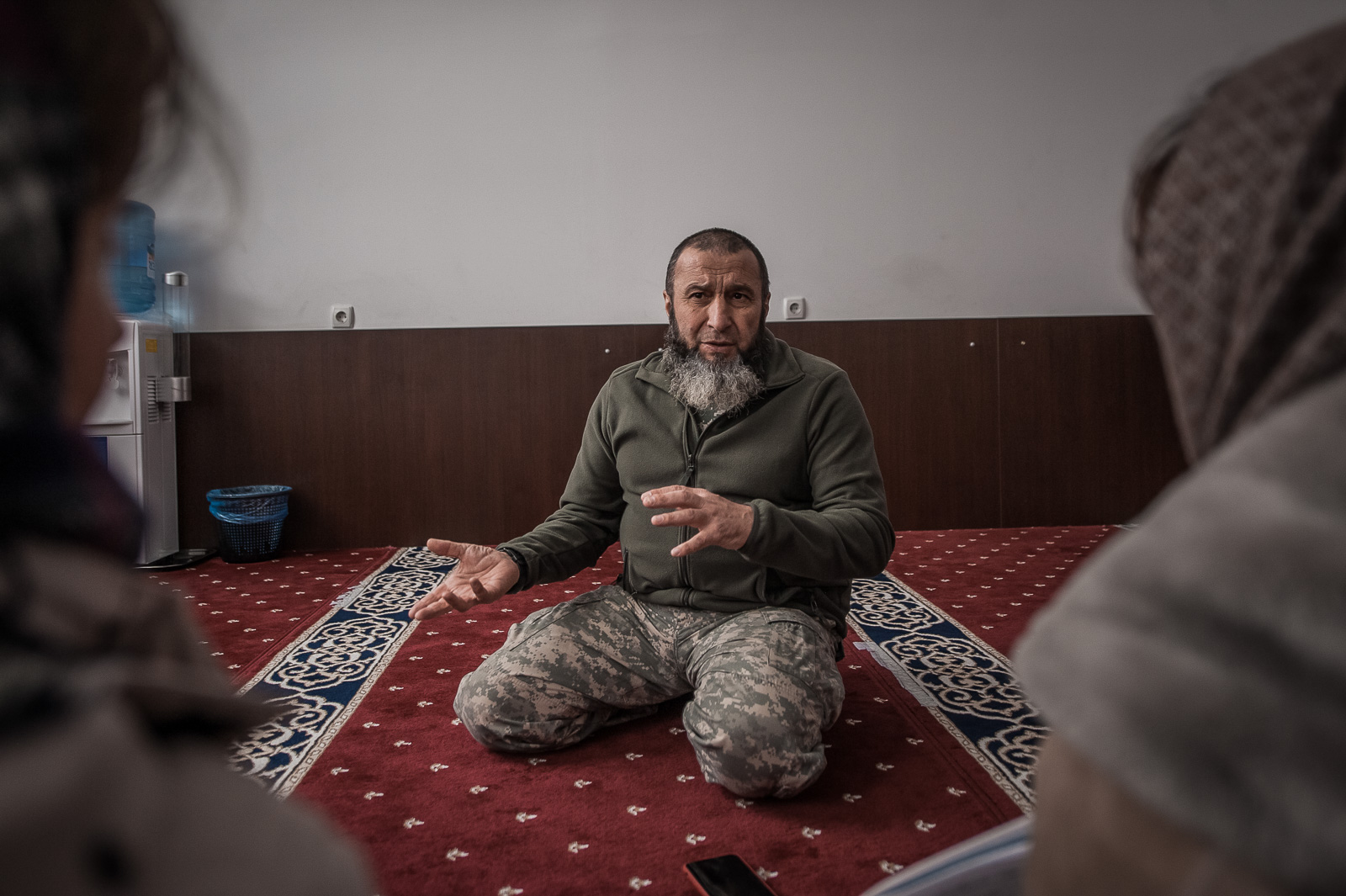
Kibishev has reason to feel this way. He is Circassian, one of an ethnic group whose roots lie in the North Caucasus: an isolated region sandwiched between the Black Sea and Caspian Sea, with Georgia and Azerbaijan to the south. His “country”, as he calls it, is Kabardino-Balkaria, a republic that, along with Dagestan, Chechnya, Ingushetia and several other neighbours, forms part of the Russian Federation.
For hundreds of years, the mainly Muslim ethnic groups indigenous to these territories have suffered genocide, invasions and oppression. Attempts to rise up against Moscow have been brutally suppressed. In more recent times, residents have endured economic neglect, state harassment and little in the way of political representation.
“Things are very bad in the Caucasus,” Kibishev explained. “There is a total abuse of power. The authorities can plant weapons or drugs on us any time and throw us into jail. I’ve been accused of being an extremist and locked up. If you are Muslim, you are not a human as far as they are concerned.”
‘Muslims cannot stand aside when crime is committed against innocent people’
Little wonder, then, that around 500 Muslim men from the region — along with others from former-Soviet and Arab nations — have taken up arms against Putin. For Kibishev, though, the idea of taking revenge is incompatible with his faith. Instead, he says that Islam’s commitment to justice is what made him decide to fight.
“The Russians want to do in Ukraine what they did in the Caucasus,” he said. “They came here to kill innocent people. There is bombing and shelling every day. Muslims cannot stand aside when crime is committed against innocent people.”
If the scars of the people of North Caucasus run deep, the wounds of the Crimean Tatars remain wide open. Russian persecution of this population can be traced back to before the 18th century, but their mass deportation to Uzbekistan by Joseph Stalin in the 1940s is an ongoing collective anguish.
Isa Akayev’s parents and grandparents were among those who were forced to leave. He was born in Uzbekistan but, like many others, he and his parents returned to Crimea after the collapse of the Soviet Union.
Any freedom enjoyed by Crimean Tatars was short-lived. Between 2014 and 2016, following Russia’s annexation of the territory, more than 25,000 — around 10% of their population — fled to regions of mainland Ukraine including Kyiv, Vinnytsia, Lviv and Kherson.
My translator, Olga, and I took a 45-minute taxi ride to the fringes of Kyiv to meet Akayev at the headquarters of the Muslim Association of Ukraine: a large, modern building that houses a mosque, classrooms, a kitchen and several offices.
He walked into the building, his face flushed from the cold, wearing combat trousers, winter boots and a thick black jacket. He is stocky, with a heavy, jovial face and greying beard. We sat down, cross-legged, on the mosque floor. Outside, the branches of the pine trees bowed under the weight of freshly fallen snow.
Unlike Kibishev, Akayev is a sergeant in the Ukrainian army. He wears his military credentials proudly. An engineer by profession, he took up arms in 2014, soon after the Russians arrived. Now aged 57, he founded — and later dismantled — the volunteer Crimean Battalion. He then used his battlefield experience to cultivate relationships with the Ukrainian armed forces and intelligence services.
By the end of 2021, amid growing concern that a full-scale invasion of Ukraine was imminent, the intelligence services realised they could not face the Russians without the help of Crimean troops.
“They asked me to gather all my fellows,” Akayev said. “We wanted to be legally absorbed into the military, but we were told we needed proper training. So, we started learning about trench fighting and how to act on the frontline.”
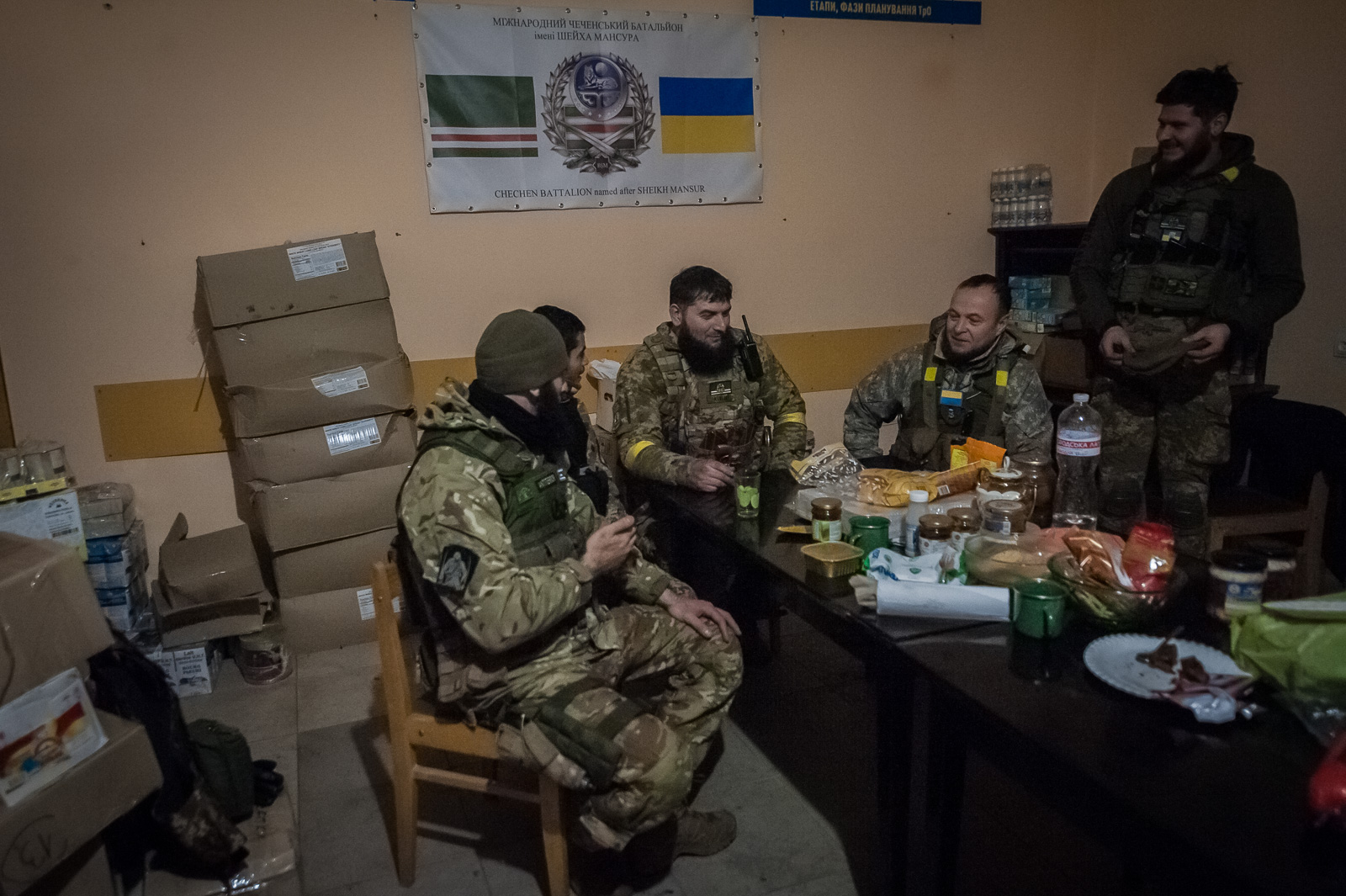
In March, he was ordered to guard the village of Motyzhyn, on the outskirts of Kyiv. He started with just six men but, with the help of around 50 reinforcements, he managed to destroy a number of Russian convoys. Finally, the Ukrainian army formally admitted his battalion.
Since then, Akayev has covered much of the same ground as Kibishev, including Zaporizhzhia, Kharkiv and Kherson. Generally, he seems to take it in his stride, but the discovery of mass graves in March outside Kyiv clearly torments him.
“It is very hard for me to talk about,” he said. “Those images are still in front of my eyes. I could smell the bodies… I helped exhume them… I can’t find words to express my feelings. I feel this deep regret because they were not given the chance to live their lives, be happy and have their own children.”
Both Kibishev and Akayev told me that they sought the approval of established religious authorities before taking up arms. Akayev believes the war is a jihad, but Kibishev takes a more nuanced approach.
“This is not a holy war in the sense that many believe it to be,” he said. “Muslim scholars have said only those who are already in Ukraine and have a common enemy can take part. We’re only here because the scholars decreed it. If they hadn’t, we would not have joined the fighting.”
It perplexes me that Kibishev, who the Russian authorities have accused of terrorism, has agreed to talk to me. Whatever his reasons, he seems at ease revealing sensitive details about battlefield tactics and his life on the frontlines.
As a volunteer, he receives no salary, food or fuel — something he is aggrieved by — though occasionally he is given weapons by the Ukrainian army. The rest he seizes from the Russians or buys himself.
Although Kibishev and his small band of fighters work independently, there is some degree of communication with the Ukrainians. Armed with a Kalashnikov and grenade launchers, they plant bombs and mines in Russian-occupied areas. They also locate and destroy weapons and tanks.
“We study the map and ask the commanders on the ground what they need us to do. They give us coordinates that tell us where the Russian weapons and tanks are. Every day is unpredictable. We can be drinking tea then, 10 minutes later, we can be destroying a convoy.”
In a country with a pre-war population of around 43 million, Ukraine’s 400,000 Muslims make up only a tiny fraction of citizens. Most are Tatars, though Uzbeks, Turks, Tajiks and other ethnicities are also present. Akayev, however, does not view his minority status as any impediment to unity.
“Here in Ukraine, we can set a new precedent. We can show the world that Ukrainians and Tatars can live in one country and make it prosperous,” he said. “We can turn our differences into a key element of our success. We want to show the world that it is possible to unite Muslims and Christians.”
 Newsletter
Newsletter

